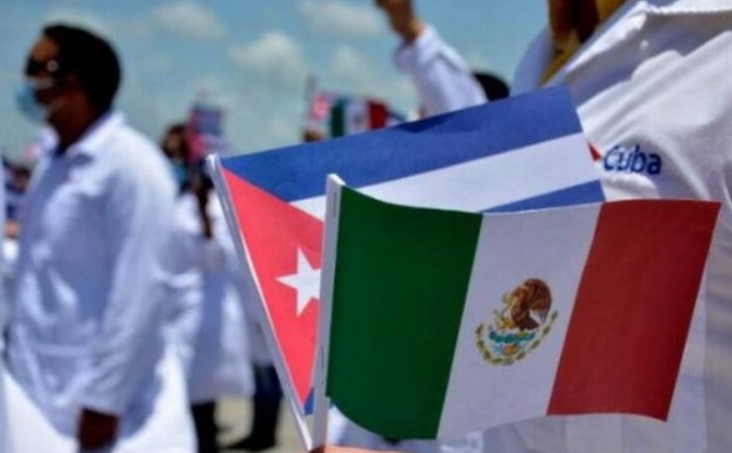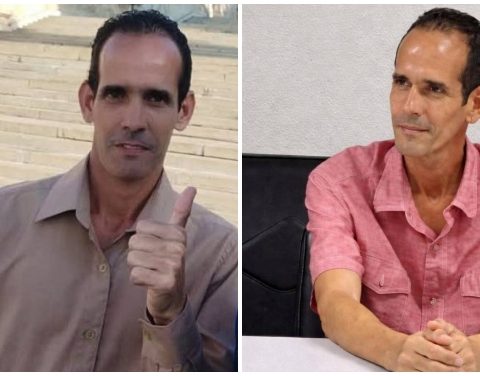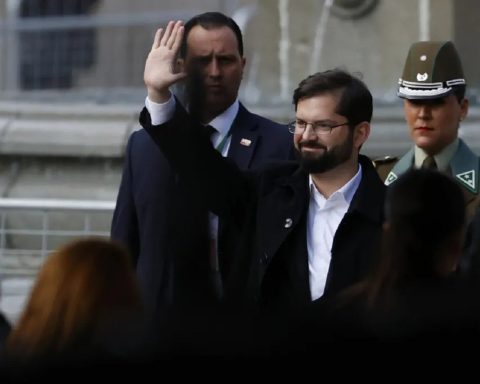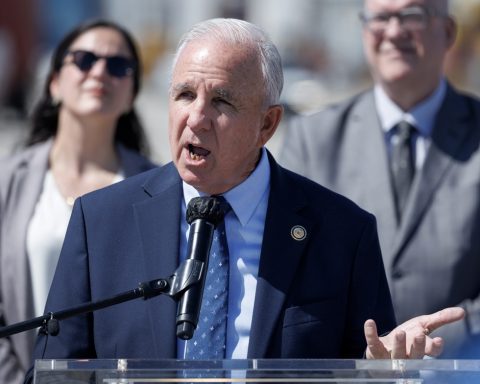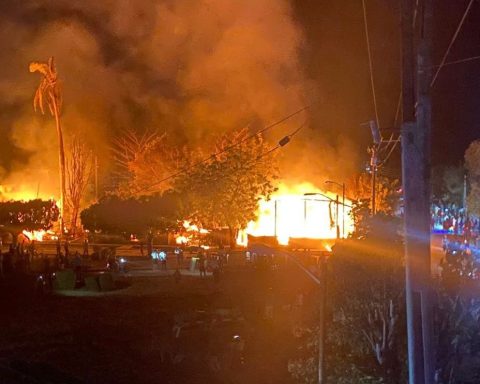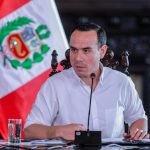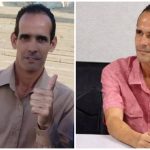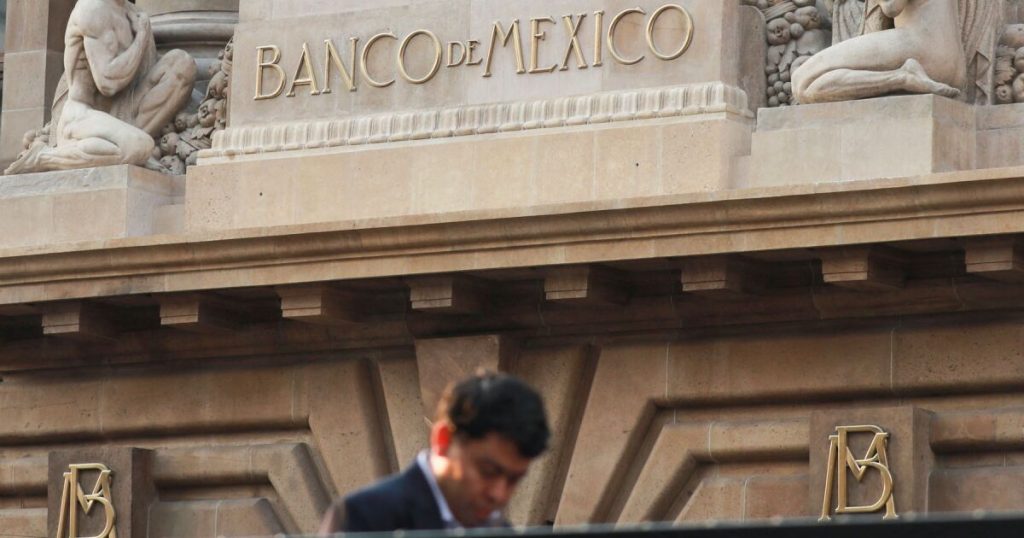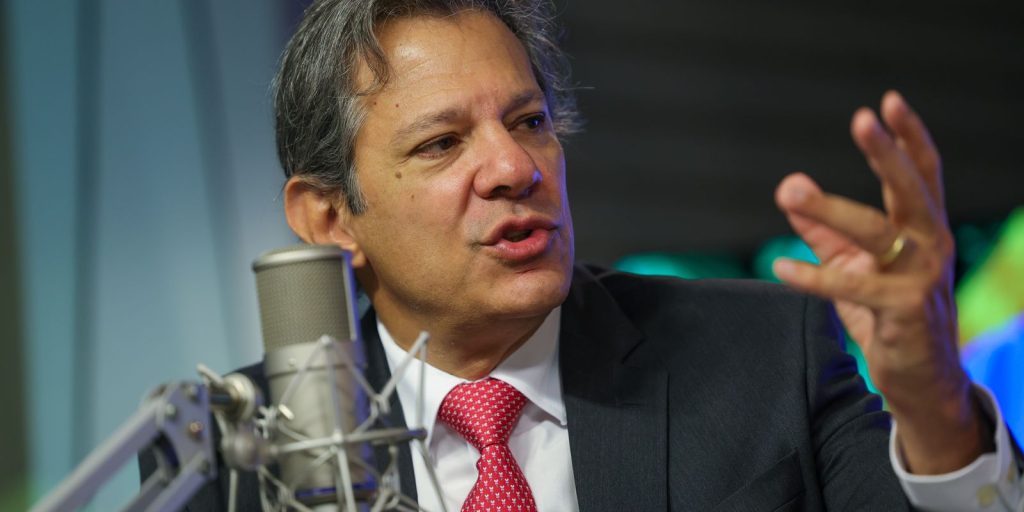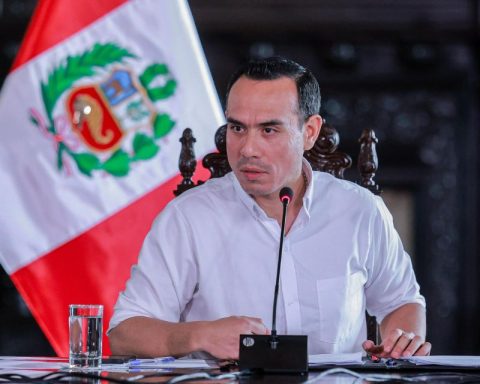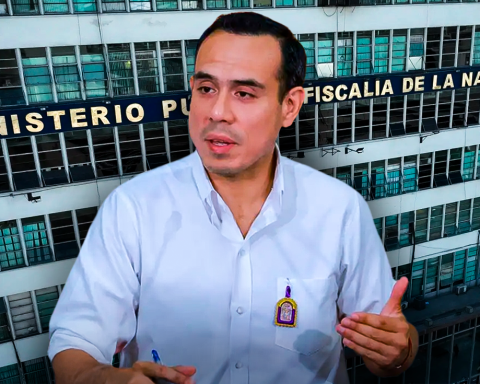AREQUIPA, Peru – Due to the growing insecurity and violence unleashed by groups of hitmen in the mountain town of El Palmito, in Sinaloa, Mexico, a group of Cuban doctors who worked in that town were removed.
A report of Mirror Magazine includes statements from Cuitláhuac González Galindo, Secretary of Health of the territory, who offered details about the measure and the current panorama in the state.
“These doctors are not used to working under the conditions of stress and insecurity like those currently experienced in Sinaloa (…) They were among the last to leave the area,” said the official.
The island’s doctors are part of the group of 32 specialists, 16 general practitioners and 16 surgeons, anesthesiologists and pediatricians, who had been sent to the rural communities in El Valle del Carrizo, Choix, El Fuerte, Badiraguato, Concordia.
Likewise, González Galindo mentioned that, given the difficulty of having doctors permanently in El Palmito, the authorities chose to hire Cuban doctors. However, given the acts of violence that displaced practically the entire town, the Cuban embassy in Mexico requested that they be removed from the area.
In the last three weeks, Sinaloa has been marked by an alarming insecurity crisis that has left at least 79 dead, kidnappings and violent fights.
In the midst of this context, until the beginning of September there were a total of 77 Cuban doctors in that Mexican state, most of the professionals were located in first-level care units, especially in rural areas, where local doctors do not want to work. .
This week, the Mexican Social Security Institute (IMSS) reported that it paid 472,441,229 pesos to the company Comercializadora de Servicios Cubanos, SA for 610 health professionals from the Island.
The payment was made in euros (23 million 241,156 euros), according to the three agreements signed between July 2022 and December 2023, to which the Mexican newspaper had access The Universal.
On July 16, 2024, during the morning conference of the current Mexican president, Andrés Manuel López ObradorZoé Robledo, director of the IMSS, announced that until then there were 950 Cuban doctors in 23 states of Mexico and that the arrival of 2,700 new specialists was expected to strengthen care for patients without social security under the IMSS-Wellness program.
However, despite the request for transparency made by The Universalthe IMSS did not offer more details about the current agreements or the future of this agreement.
Cuban medical missions
The “Cuban medical missions” They have been widely criticized by the international community and described by multilateral organizations as a “form of modern slavery.”
At the end of last year, the United Nations (UN) put the Cuban regime in the spotlight for their violations of the human rights and labor, especially with regard to its medical professionals deployed on “international missions.” The accusation also implicates recipient countries such as Italy, Qatar and Spain.
For his part, Tomoya Obokata, UN special rapporteur on Contemporary Forms of Slavery, in November 2023 directed a letter to the Cuban representation before the Human Rights Council in which it warns about the persistence of patterns that resemble “forced labor,” as defined by the indicators of the International Labor Organization (ILO).
The Cuban “missions”which include professionals from various areas such as doctors, teachers, engineers, and artists, among others, are described as situations of labor exploitation in the destination countries. The report indicates inadequate salaries, confiscation of passports, restrictions on movement and surveillance by agents of the Cuban Government, as well as cases of sexual harassment or violence, threats and physical violence.
Likewise, the text mentions continuous accusations based on testimonies of exported Cubans and analysis of agreements and contracts, highlighting “numerous violations of basic human rights.” The special rapporteur emphasizes the importance and value of Cuban medical cooperation at the international level, but highlights concerns about violations of fundamental rights such as privacy, freedom of expressionassociation and circulation.
In response to these allegations, the Permanent Mission of Cuba to the Human Rights Council has denied the application of pressure or reprisals to those who choose not to participate in these missions. However, Obokata maintains that many professionals are forced to participate due to coercion from the cuban regime and factors such as poverty and the limited availability of employment on the Island.
